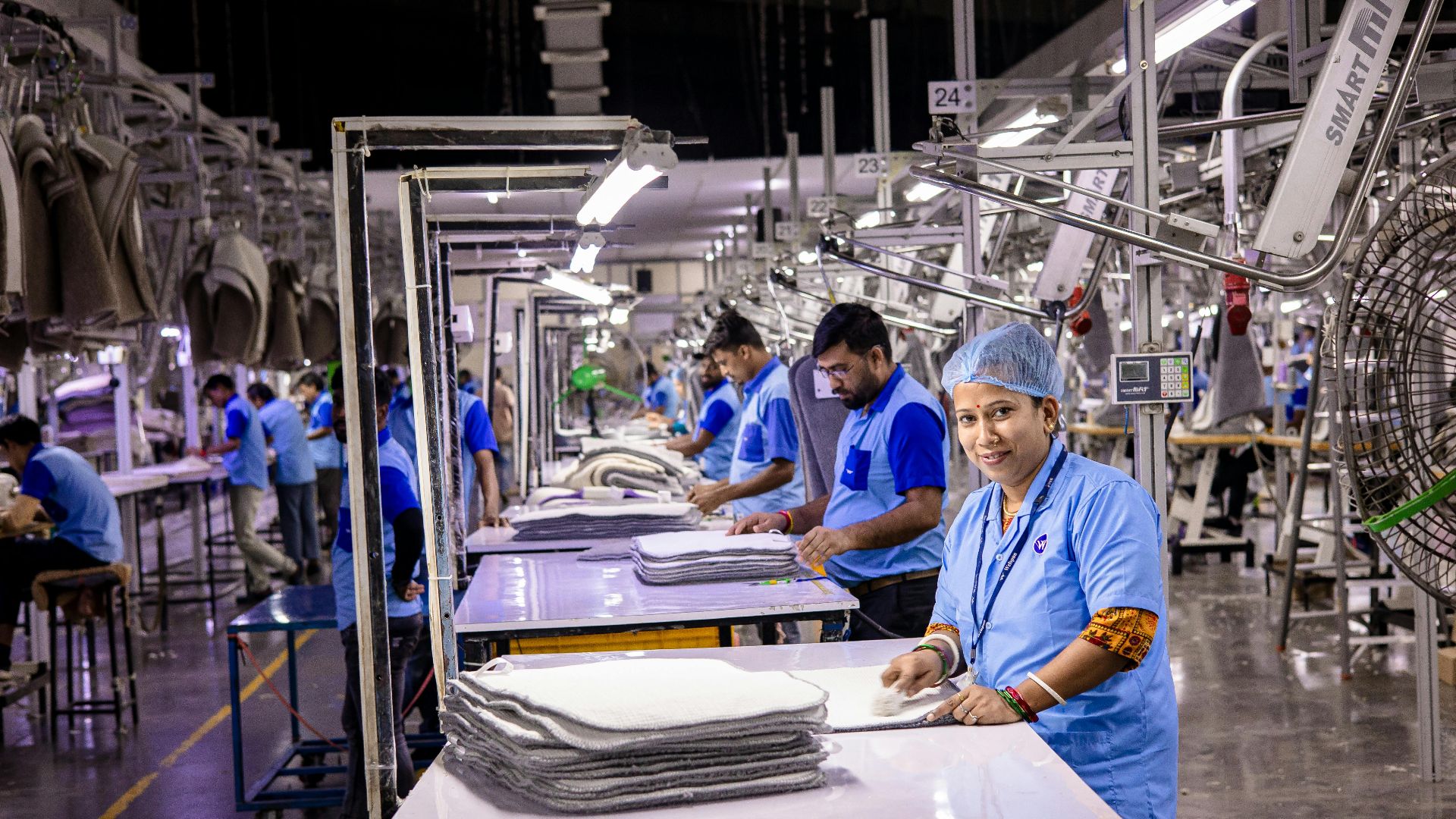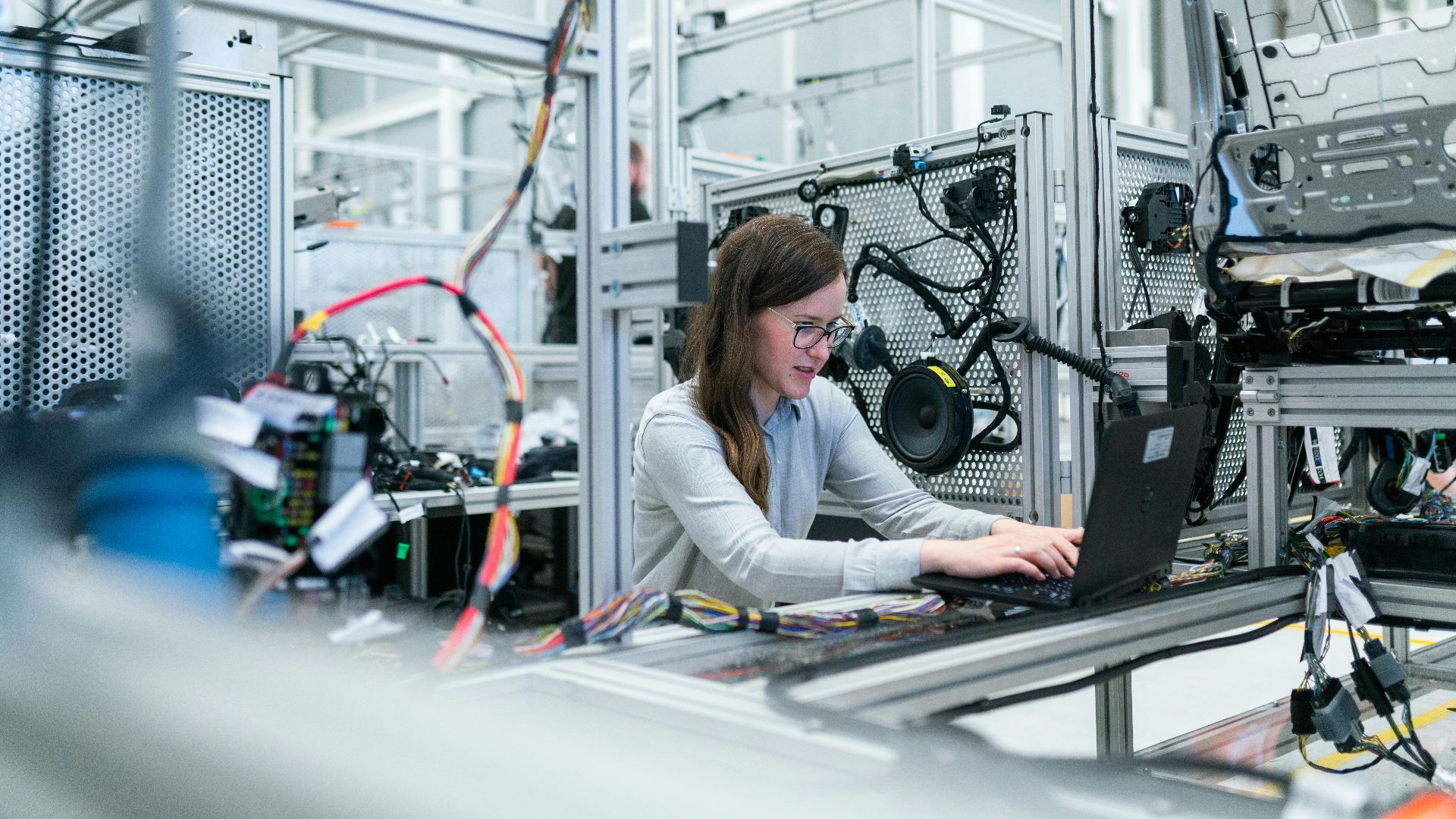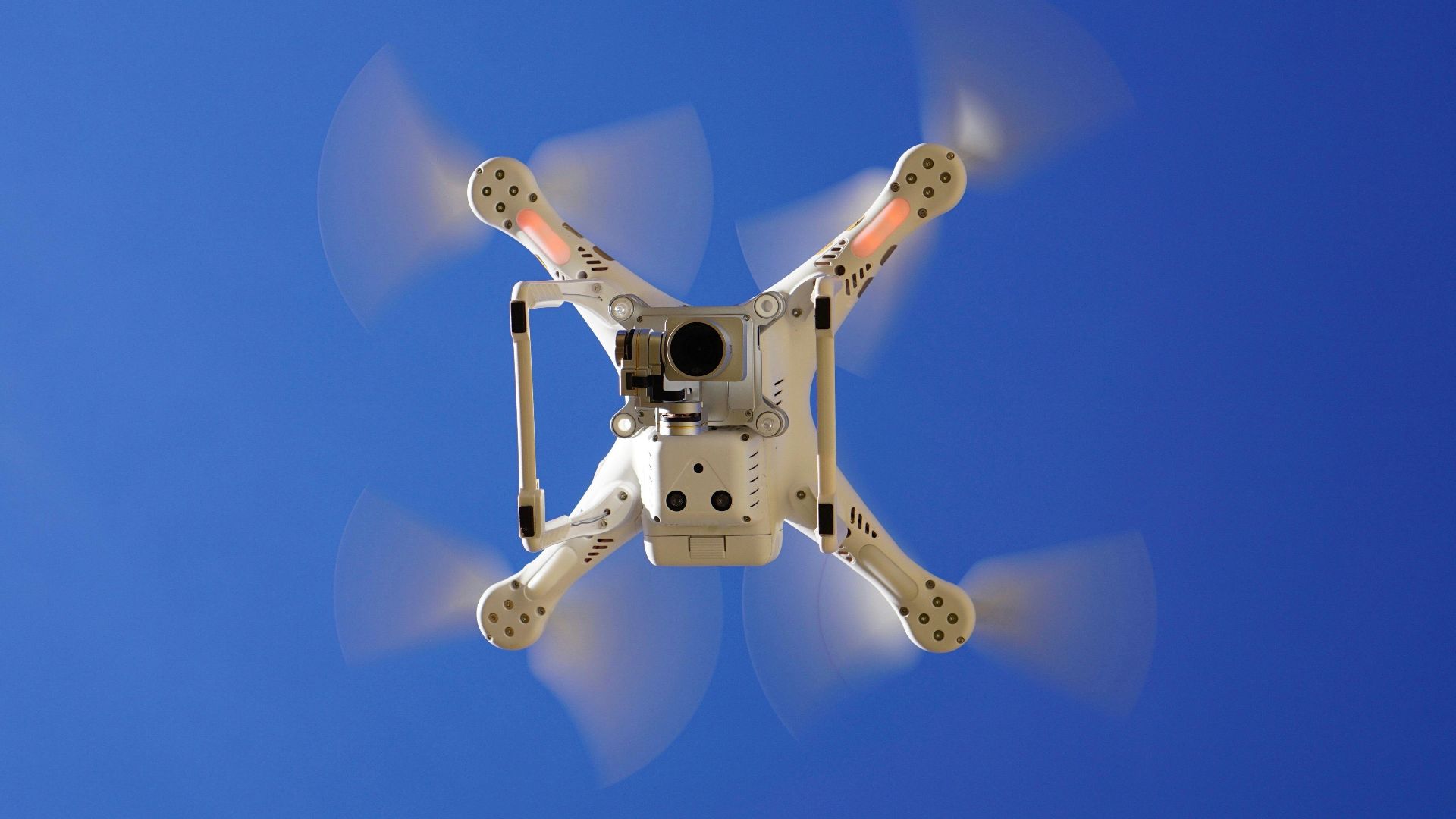The Shifting Workforce
You’ve likely come across a job that's likely on the verge of disappearing. At the same time, roles you’ve never heard of are rapidly gaining traction. As technology accelerates and priorities shift, some careers we once relied on are fading while new ones are rising. This list highlights what’s vanishing—and what’s arriving. Before we show you the new rising jobs, let’s first expose the soon-obsolete ones.
1. Cashiers
Advances in computer vision and AI now allow customers to scan, pay, and leave without human interaction. These days, countless younger shoppers prefer self-checkout over human cashiers, and in Japan, robotic cashiers have already replaced humans in some stores.
2. Travel Agents
Today, booking platforms like Expedia and Google Travel use smart algorithms to suggest flights and hotels instantly. Salesforce also reveals that 68% of travelers are open to using AI to plan their trips. AI can even plan a full vacation itinerary in seconds.
3. Data Entry Clerks
Companies are now saving costs annually by automating repetitive tasks like invoice entry and payroll updates. Robotic Process Automation (RPA) software can input and process data far faster and more accurately than humans. And unlike humans, AI data tools can work 24/7 without breaks.
4. Telemarketers
Many consumers hang up within 5 seconds of realizing it’s a telemarketing call. AI call blockers and “Do Not Call” registries have significantly reduced the reach of human telemarketers, further killing the job. Even businesses now use automated voice bots to handle customer outreach at scale.
5. Newspaper Delivery Jobs
Print newspaper subscriptions have dropped heavily in the last decade. Digital news dominates now, and even major outlets like The New York Times and Washington Post have shifted focus to digital-first models. Some cities no longer have a printed daily paper at all.
6. Meter Readers
Smart meters transmit real-time usage data directly to utility companies, putting the future of manual readings in danger. Today, most U.S. homes have smart meters installed. And before you even reach for the phone, smart readers can alert companies to outages already.
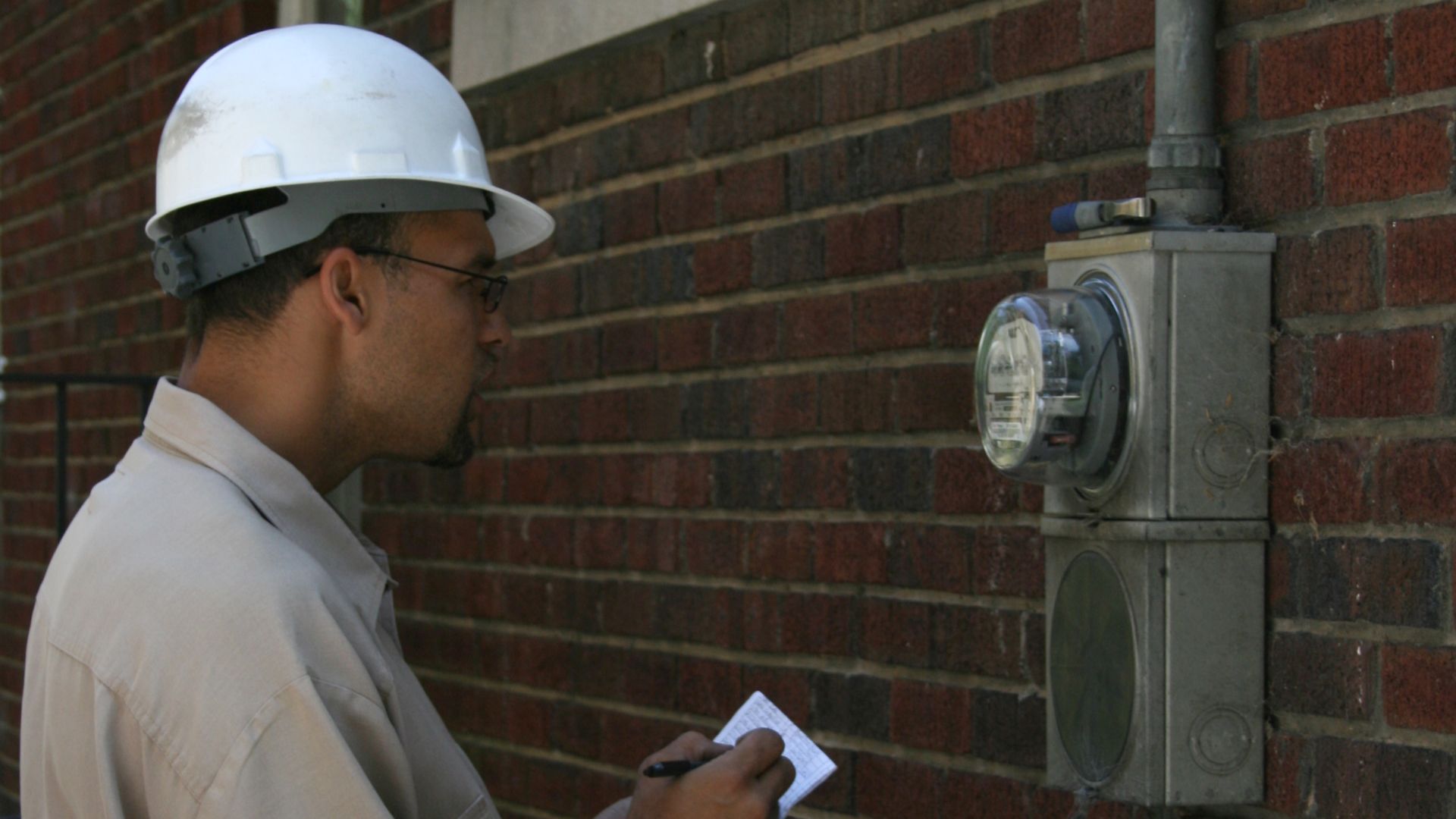 Ildar Sagdejev (Specious) on Wikimedia
Ildar Sagdejev (Specious) on Wikimedia
7. DVD Rental Clerks
Blockbuster, once a global chain, now has only one store left, and that’s a sign—and a tourist attraction, too. With streaming platforms like Netflix and Disney+ offering instant access to thousands of movies, the need for rentals has decreased.
 Tracy the astonishing on Wikimedia
Tracy the astonishing on Wikimedia
8. Assembly Line Workers
Thanks to automation, car factories have reduced human labor by up to 40%. Manufacturing robots perform repetitive tasks not only faster, but also safer and more consistently than humans. Some robots can even weld, paint, and inspect all in one shift.
9. Fast Food Cooks
Chains like White Castle and Chipotle are testing full robotic kitchen lines, and robots like Miso Robotics’ “Flippy” can fry burgers and prepare fries with good timing. Some robot cooks can prepare up to 300 burgers an hour, and Flippy never calls in sick.
10. Bank Tellers
Most banking transactions are now done via mobile apps or ATMs, and to reduce costs, many banks have closed branches and cut teller positions. You can open an account, deposit checks, transfer money, and do more—all from your phone.
 Department of Foreign Affairs and Trade on Wikimedia
Department of Foreign Affairs and Trade on Wikimedia
As these jobs and more fade, many new ones are stepping up, and here are some.
1. Prompt Engineers
Prompt engineers write instructions that help AI models like ChatGPT perform complex tasks accurately. As AI tools become widespread, companies are hiring experts who can get high-quality, reliable results from them. Some prompt engineers earn over $300,000 per year.
2. Virtual Store Designers
E-commerce is shifting toward immersive platforms, and customers can now “walk through” a virtual store and pick products off digital shelves. VR stores can increase shopper time by up to 200% compared to standard websites, and designers are needed to build and customize these spaces.
3. Drone Traffic Controllers
With drone deliveries, agriculture, and surveillance on the rise, there’s a need to coordinate safe flight paths. Governments and companies are already investing in air traffic control systems specifically for drones. Future controllers may oversee drone taxis transporting people across cities.
4. AI Ethicists
AI ethicists ensure that machine learning systems don’t produce biased or harmful outcomes. Since AI decisions now impact who gets loans and jobs, ethics really matter. Tech giants and governments alike are hiring these experts to shape ethical AI development.
5. Climate Adaptation Specialists
Governments worldwide are investing in climate-resilient policies as environmental risks grow and cities are adding “sponge parks” to soak up floods and reduce damage. It’s the job of these experts to design infrastructure and urban plans to withstand extreme weather and rising sea levels.
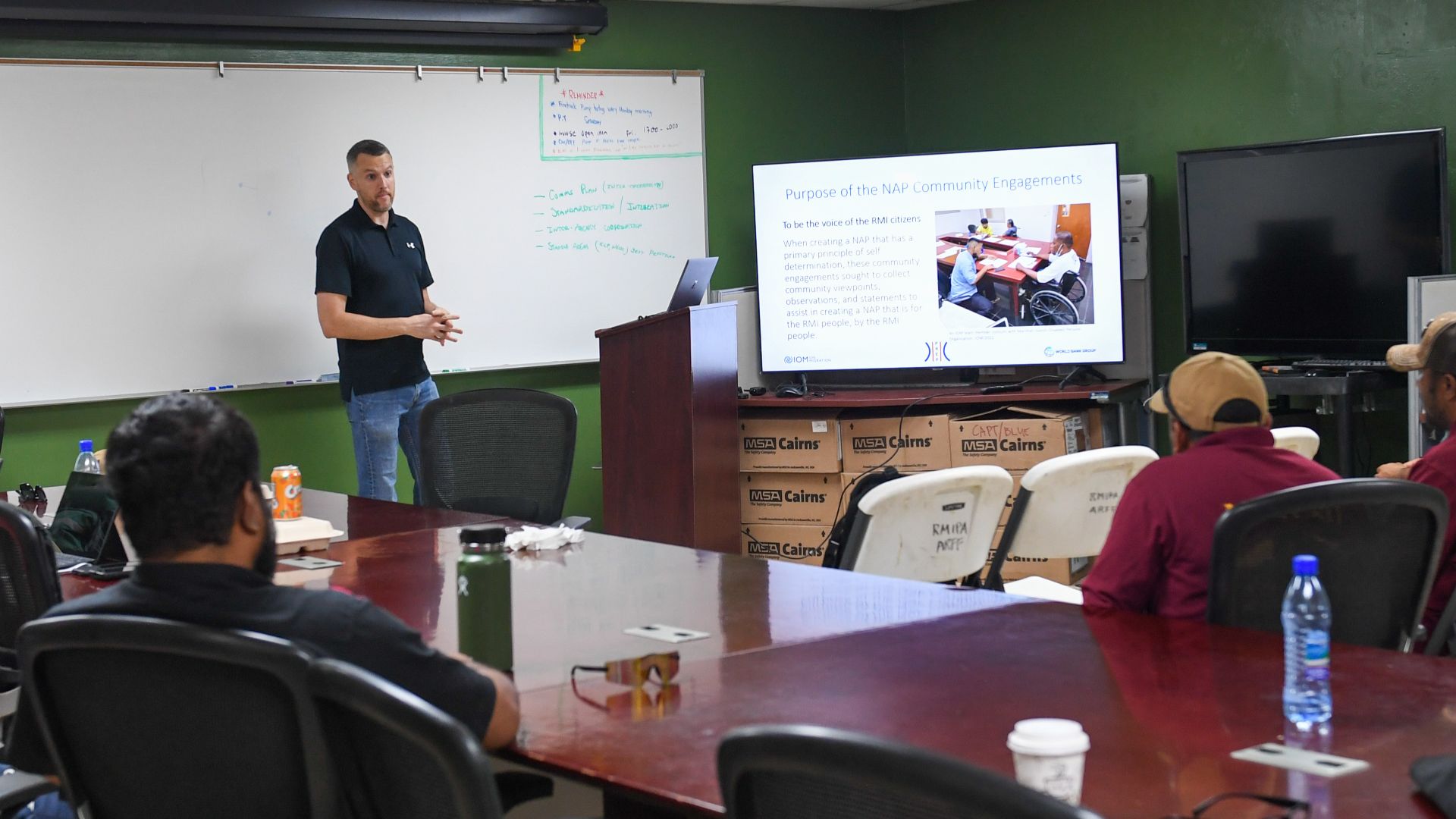 U.S. Navy photo by Seaman Justin Ontiveros on Wikimedia
U.S. Navy photo by Seaman Justin Ontiveros on Wikimedia
6. Space Tourism Coordinators
Companies like SpaceX and Virgin Galactic are offering civilian spaceflights, requiring trip planning experts. Coordinators may soon plan lunar vacations or Mars flybys. Just imagine trips where one needs to pack motion-sickness pills and radiation shielding instead of sunscreen.
7. Biofilm Installers
Biofilm tech uses living materials like algae or moss to filter air and reduce building emissions. Cities are funding eco-installations that improve air quality and energy efficiency, and installers often work with architects to turn buildings into living systems.
8. Digital Detox Consultants
With rising screen time and mental health concerns, experts are being hired to help people unplug. You may have heard that corporations now fund digital wellness programs to boost employee focus and retention. Even CEOs now pay thousands for week-long digital detoxes in remote cabins.
9. AI Psychologists
Empathetic AI is important in the healthcare, customer service, and education industries. So, AI psychologists design training programs that teach machines not only to recognize but also to respond to human emotions. Some AIs can now detect your mood from voice tone or facial expressions.
10. Personal Data Brokers
You can now earn money by licensing your data to companies, like you would a photo. As digital privacy laws expand, individuals are hiring professionals to control and monetize their online data. These brokers help users reclaim personal information from advertisers and websites.








